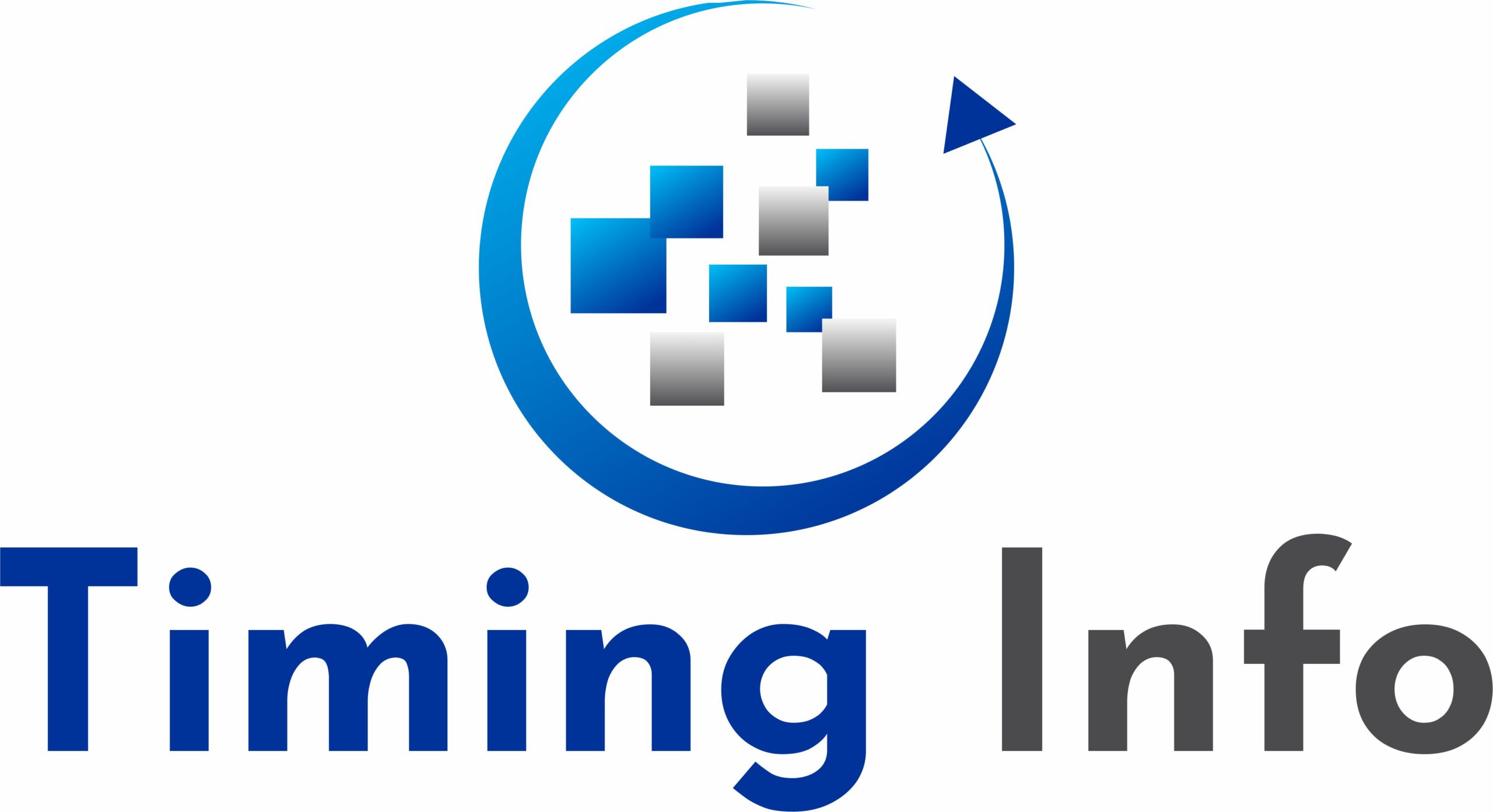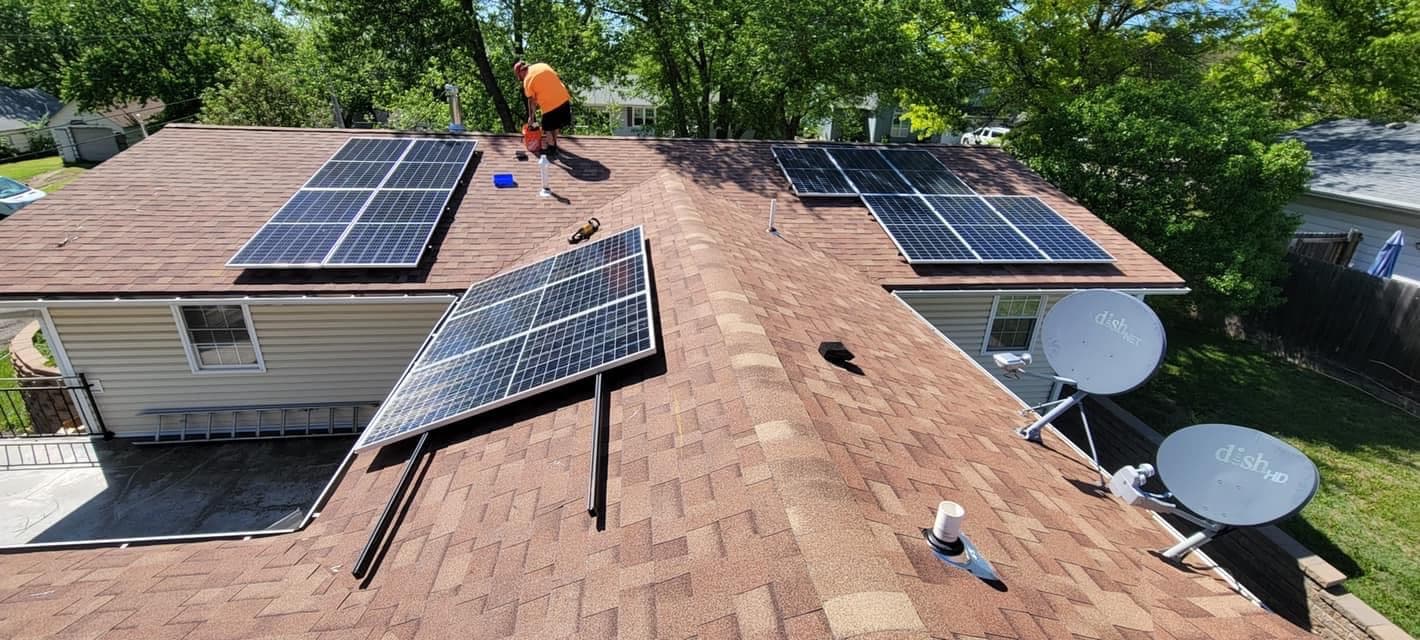The main utility or the local energy grid can be connected to solar panel systems. When solar panels collect energy from the sun and produce direct current (DC), that energy is transformed into alternating current (AC), which may then be fed into the main utility panel of your home or building and consumed as electricity.
Why should you utilize a solar panel system that is grid-tied?
Installation of grid-tied solar panels has various advantages, including reduced project costs and eligibility for federal financial incentives. Let’s look more closely at some of the benefits of adopting solar panels connected to the grid.
- Reduced Cost
Installing a grid-tied solar panel system is one of the most economical ways to satisfy or surpass home or commercial energy needs. You will save time, money, and concern since the utility grid fills any electricity coverage gaps brought on by unusually harsh weather or brief system issues. Grid-tied solar systems also reduce maintenance and upkeep costs by eliminating the need for batteries.
- Net Metering
Additionally, putting money into the construction of grid-tied solar panels enables net metering, which is the practice of utility providers giving their customers credit for any extra electricity produced by that customer’s solar PV system. Extra energy produced by the system that the user does not require is fed into the grid so that other consumers can use it. The utility provider will reimburse the owner of the solar PV system for any excess energy produced in exchange.
- Simple Installation
The purchase and upkeep of a grid-tied solar panel system are both simple. Most installations only take a few days to complete, and annual maintenance is as difficult as giving the modules a quick spray with a regular garden hose. Visit here Residential Commercial Solar Services.
- Federal and State Incentives
Grid-tied solar projects offer financial advantages to the federal and state governments. Utilizing a grid-tied system is eligible for a 30% income tax credit from the federal government. Other financial incentives, such as Solar Renewable Energy Credits (SREC) and cost- or production-based rebates, are available to consumers in some states and utilities.
What would occur during a blackout?
One issue with having a grid-tied solar system is that in the event of a blackout, everyone using the same utility will lose power. The grid-connected solar system depends on a backup safety mechanism to shut down when the utility has no AC power during a blackout. This is being done to safeguard any electricians working on the power lines. Electricity line repairs would be impossible if the electricity remained on since the cables would be hot.
However, a backup battery system can be acquired and used. You can consider researching a gas-powered generator if you’re seeking a less expensive alternative to stay powered while the grid is down. Assuming blackouts don’t happen frequently, the most cost-effective option is a grid-tied system with a backup generator. A battery backup system is more ecologically friendly and simpler to activate during a blackout.
At Microgrid Energy, the premier Midwest provider of all-inclusive building energy services, Tyler Kessler is the Director of Strategic Initiatives. A solid reputation for providing services with a high degree of professionalism and knowledge has been developed by Microgrid Energy. A grid-tied solar panel system can be the best choice for businesses searching for the most affordable option. We can assist you in locating the ideal option for your project if grid-tied Commercial Solar Panel Installation is something you are interested in.

